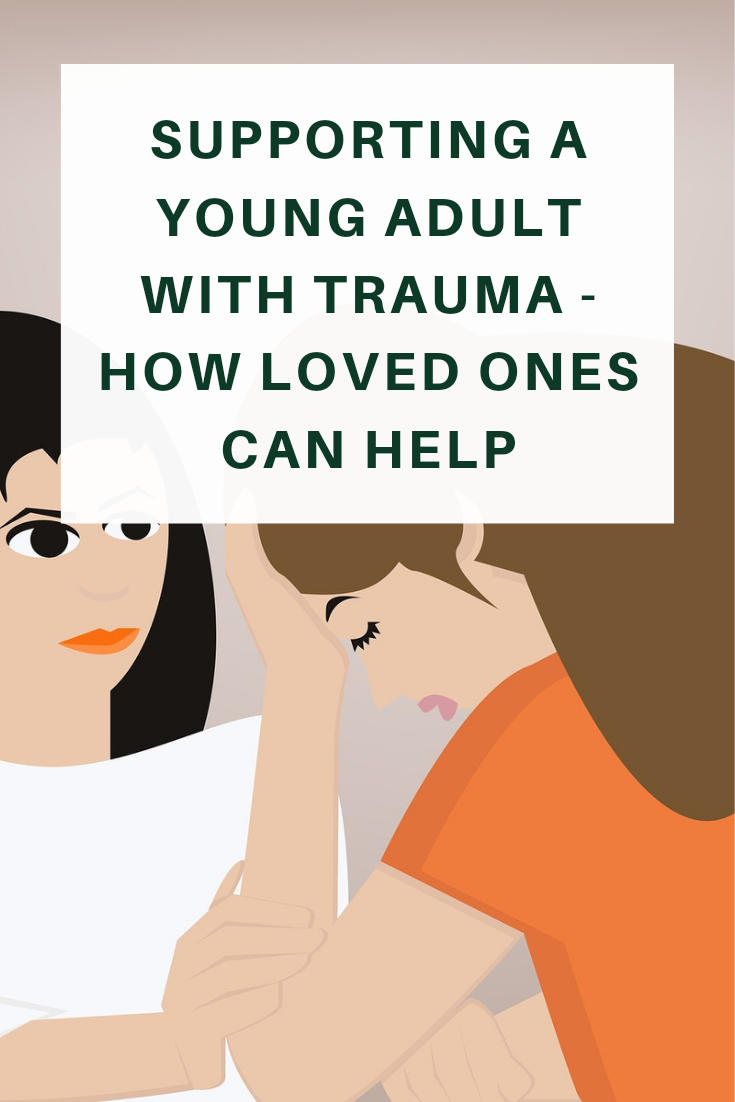When they’re experiencing a stressful event, it’s only natural for young adults to feel a myriad of strong emotions. But, when that event is life-threatening or extremely distressing it can have an emotional, physical and psychological impact on their life. Trauma in young adults is common, and it means surviving a harrowing event and subsequently struggling to manage the trauma and emotions that follow.
Some of the most common causes behind trauma in young adults include:
• Experiencing an accident, such as a car crash. This can cause both physical and mental trauma
• Surviving a disaster or an event where others died
• Surviving a sexual assault or abuse
• Experiencing extreme violence as either a witness or a survivor
• Trauma stemming from childhood, such as physical, emotional and/or sexual abuse
It’s important that young adults who are living with trauma seek professional help as soon as possible – you’ll find more information about teenagers and young adult trauma treatment here. As a family member or guardian, there are additional ways you can support a young adult who is struggling with trauma. Read on to find out more.

Acknowledge the trauma they have experienced
Even though your young adult has gone through something horrific, and you can’t stand the idea of them being exposed to a distressing scenario, it’s vital that you acknowledge the trauma that they have experienced. This could mean speaking to them about what happened or just listening to what they want to share. Whether your teen is ready to talk about what happened or not, letting them know that you’re ready to support them will help towards their recovery.
Encourage them to spend time with people they trust
If their traumatic experience has left them questioning their personal safety, they’re finding it difficult to trust people, or they’re struggling with the idea of it happening again, you can encourage your young adult to spend time with people they know, love and trust.
Help them establish a new routine
Experiencing trauma can make even the simplest of daily tasks difficult. This can lead to your young adult struggling to take care of themselves, avoiding meals and not getting enough sleep. By helping them establish a new routine, you can support them through this difficult time. Encourage them to eat, sleep, study and do things that make them happy.
Educate yourself
Not everyone knows the best way to support a young adult who is struggling with trauma. You may think that your approach is correct when you might be causing more damage. Be proactive and research all you can about trauma, common reactions, treatments and how to handle emotional responses. The more you know, the more support you’ll be able to give.
And finally, be wary of them using other coping mechanisms
When young people suffer trauma, it’s not uncommon for them to turn to destructive coping mechanisms. This could be drugs, alcohol, even intensive gaming or establishing a sense of control by not allowing themselves to eat. Be wary of these sudden changes and seek help.
*This is a collaborative post

